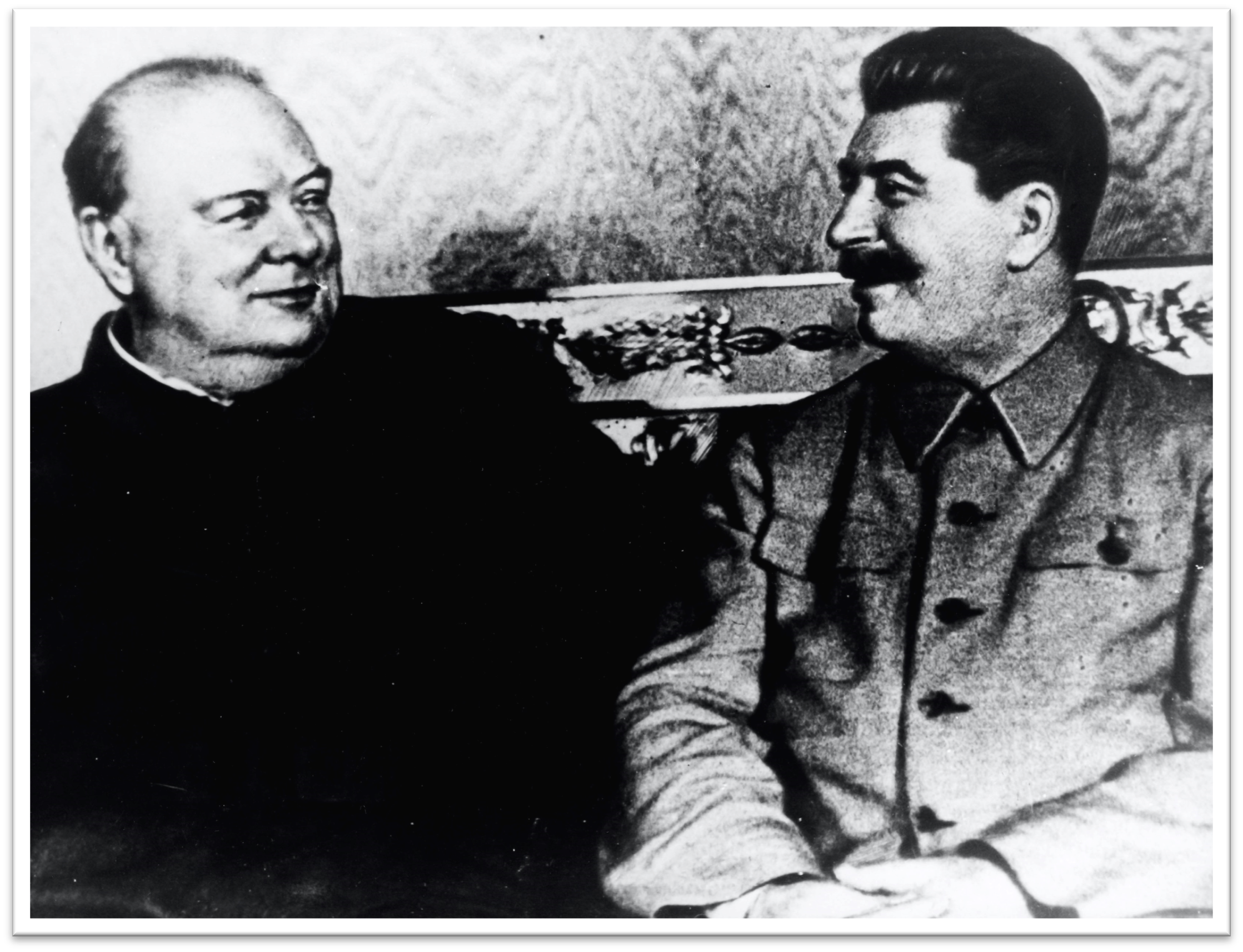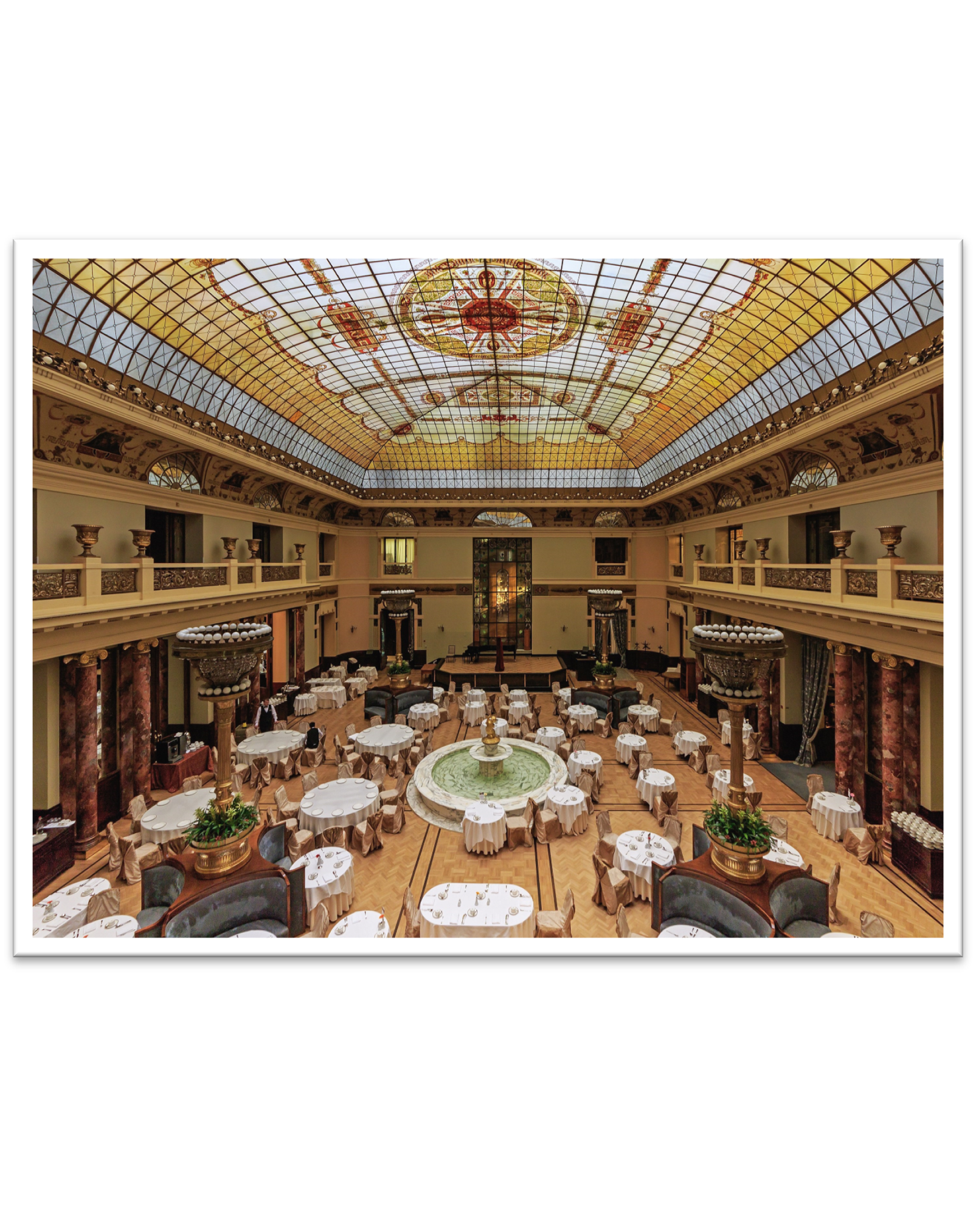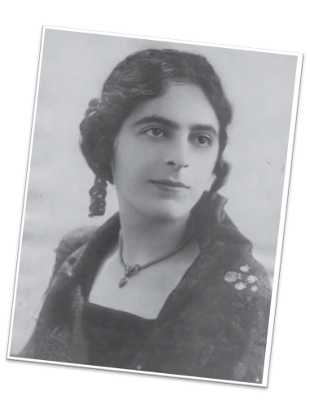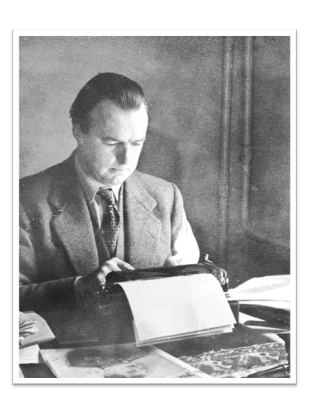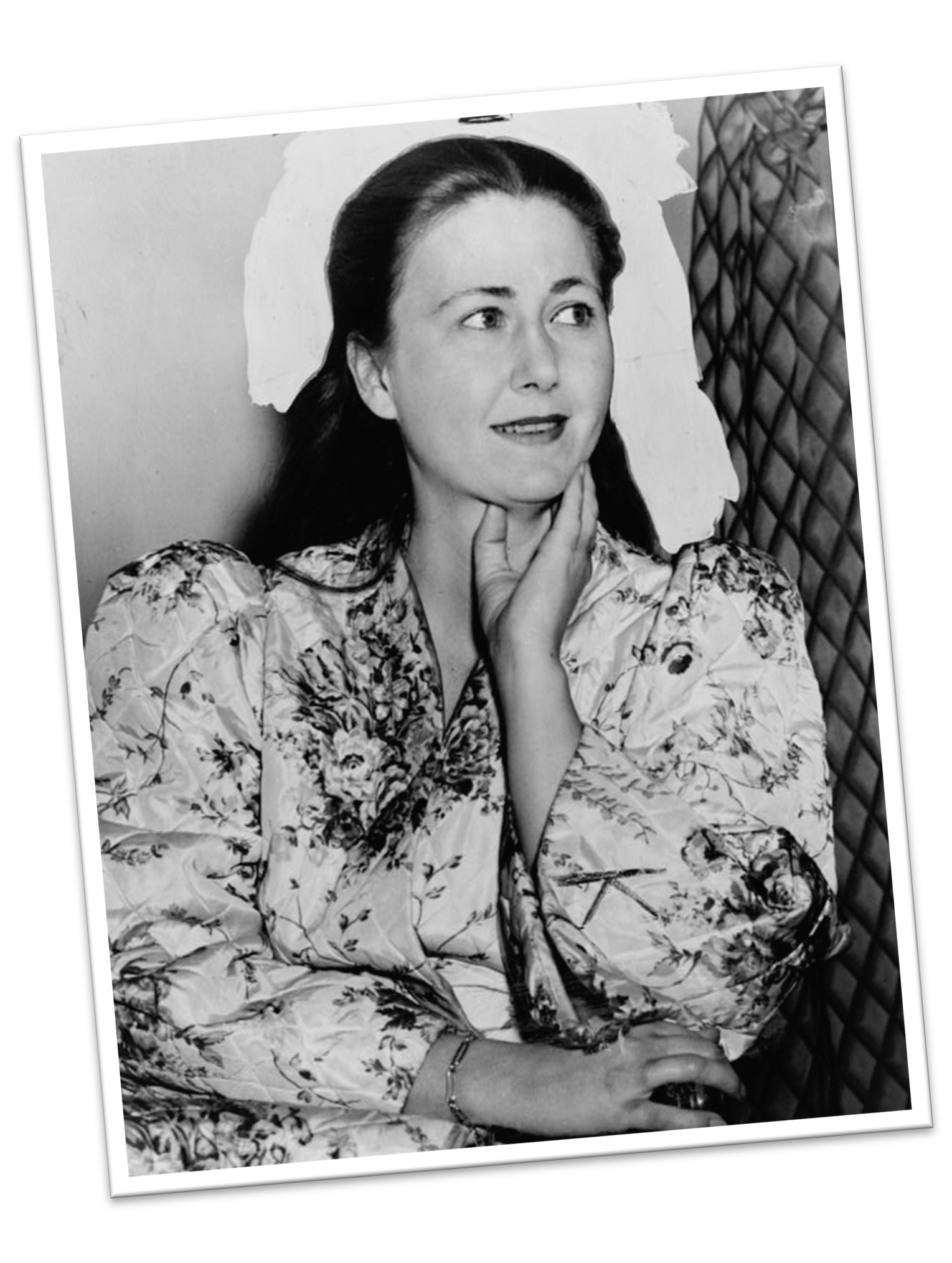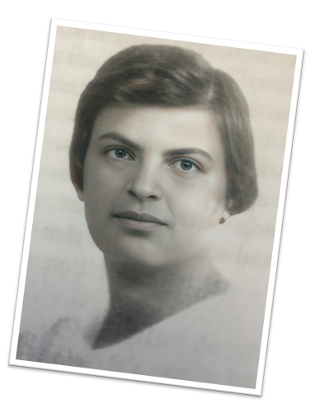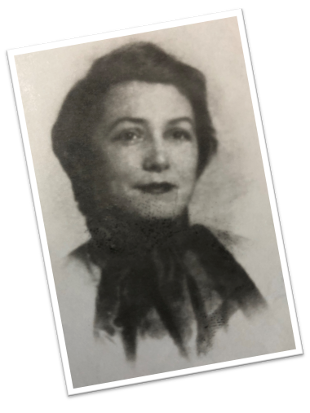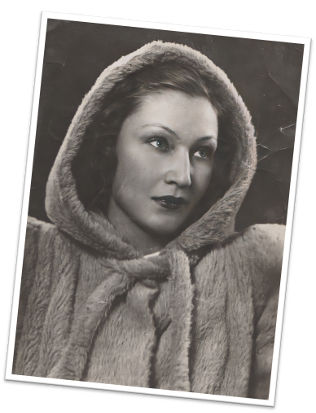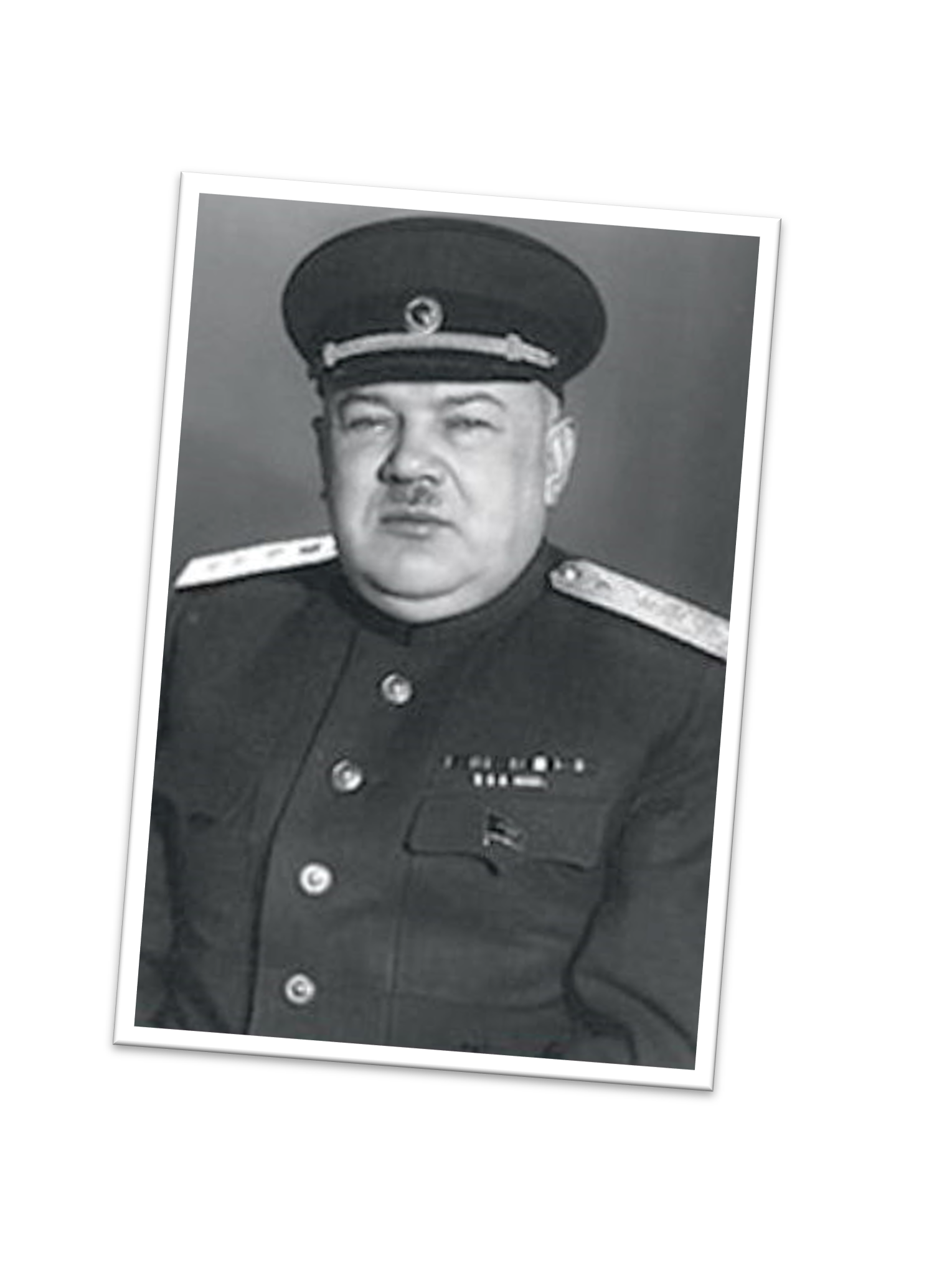UK edition hardback 27 April 2023 US edition hardback 4 July 2023
MOSCOW 1941.
After Hitler invaded the Soviet Union, Churchill – for years a visceral anti-communist – established an uneasy alliance with Stalin. A daring war correspondent in his youth, Churchill persuaded Stalin that an Anglo-American press corps filing stirring reports from the eastern front would convince the British people to send much-needed tanks and aircraft to support the Red Army. With his forces retreating every day and his regime under threat, Stalin could not say no.
After Hitler invaded the Soviet Union, Churchill – for years a visceral anti-communist – established an uneasy alliance with Stalin. A daring war correspondent in his youth, Churchill persuaded Stalin that an Anglo-American press corps filing stirring reports from the eastern front would convince the British people to send much-needed tanks and aircraft to support the Red Army. With his forces retreating every day and his regime under threat, Stalin could not say no.
THE METROPOL
In 1941 the Metropol, famed for its magnificent dining room under a painted glass roof, became a wartime press centre in which Anglo-American journalists and their Soviet translators were closeted under the watchful eyes of the secret police. In Stalin’s Russia Soviet citizens were not allowed to associate with foreigners but in wartime the Metropol was a unique island of fraternisation where the journalists and their translators lived, ate and often slept together.
In 1941 the Metropol, famed for its magnificent dining room under a painted glass roof, became a wartime press centre in which Anglo-American journalists and their Soviet translators were closeted under the watchful eyes of the secret police. In Stalin’s Russia Soviet citizens were not allowed to associate with foreigners but in wartime the Metropol was a unique island of fraternisation where the journalists and their translators lived, ate and often slept together.
CHARLOTTE HALDANE
A prominent British communist, she persuaded the Daily Sketch to send her to Moscow to cover the heroic exploits of the Red Army and persuade British readers of the superiority of communist rule. Her discovery of the gulf between Soviet propaganda and the grim reality of life in the USSR tested her political convictions
A prominent British communist, she persuaded the Daily Sketch to send her to Moscow to cover the heroic exploits of the Red Army and persuade British readers of the superiority of communist rule. Her discovery of the gulf between Soviet propaganda and the grim reality of life in the USSR tested her political convictions
RALPH PARKER.
After working for British intelligence in the Balkans, Parker was sent by The Times to Moscow to cover the war on the Eastern Front. He later worked the New York Times as well. Resentful of Britain’s pre-war policy of appeasing Hitler, he soon became a cheerleader for Stalin. But whose side was he really on?
After working for British intelligence in the Balkans, Parker was sent by The Times to Moscow to cover the war on the Eastern Front. He later worked the New York Times as well. Resentful of Britain’s pre-war policy of appeasing Hitler, he soon became a cheerleader for Stalin. But whose side was he really on?
EDGAR SNOW.
One of America’s star reporters, Snow’s views were sought out by Roosevelt to balance the advice he got from his officials. He had made his name by befriending Mao Tse-tung, then an unknown communist guerrilla leader. Used to finding his own sources of news, Snow found all his attempts at penetrating the veil of secrecy surround life in Russia were frustrated by the Soviet press department.
One of America’s star reporters, Snow’s views were sought out by Roosevelt to balance the advice he got from his officials. He had made his name by befriending Mao Tse-tung, then an unknown communist guerrilla leader. Used to finding his own sources of news, Snow found all his attempts at penetrating the veil of secrecy surround life in Russia were frustrated by the Soviet press department.
ALICE-LEON MOATS
While many hardened reporters waited for months for the Soviet Union to grant them permission to work in Moscow, a well-connected American socialite managed, through sheer force of will and a dollop of good luck to reinvent herself as a war correspondent. The Soviet authorities were relaxed about a woman reporter in wartime, but the US embassy wanted her to leave ‘with the embassy wives’.
While many hardened reporters waited for months for the Soviet Union to grant them permission to work in Moscow, a well-connected American socialite managed, through sheer force of will and a dollop of good luck to reinvent herself as a war correspondent. The Soviet authorities were relaxed about a woman reporter in wartime, but the US embassy wanted her to leave ‘with the embassy wives’.
NADYA ULANOVSKAYA.
A teenage convert to revolutionary socialism, she took part in the civil war on the Bolshevik side and then worked for Soviet military intelligence in Shanghai and New York. To all appearances she was a perfect choice to translate for – and guide – the war correspondents in the Metropol Hotel.
A teenage convert to revolutionary socialism, she took part in the civil war on the Bolshevik side and then worked for Soviet military intelligence in Shanghai and New York. To all appearances she was a perfect choice to translate for – and guide – the war correspondents in the Metropol Hotel.
VALENTINA SCOTT
Valentina learned English from an American she married as a student, but that experience did not make her love the capitalist west. In the Metropol, her devotion to the communist party line convinced the journalists that she was a senior officer the secret police working under cover as a translator.
Valentina learned English from an American she married as a student, but that experience did not make her love the capitalist west. In the Metropol, her devotion to the communist party line convinced the journalists that she was a senior officer the secret police working under cover as a translator.
TANYA SVETLOVA
Growing up in the oil town of Grozny, Tanya learned English from American technicians who inspired in her an ambition to leave Stalin’s Russia for the land of jazz and tinned fruit. She landed a job as translator in the Metropol. To a poor girl from the provinces, it was an oasis of luxury where privileged foreigners scoffed caviar sandwiches. But how could she parlay her role in the Metropol into a permit to emigrate?
Growing up in the oil town of Grozny, Tanya learned English from American technicians who inspired in her an ambition to leave Stalin’s Russia for the land of jazz and tinned fruit. She landed a job as translator in the Metropol. To a poor girl from the provinces, it was an oasis of luxury where privileged foreigners scoffed caviar sandwiches. But how could she parlay her role in the Metropol into a permit to emigrate?
VASILY ULRICH
In the Metropol the journalists used their rooms as sleeping quarters, offices and drinking dens. But other residents, senior Bolsheviks who had grace-and-favour lodgings, lived in the hotel in a kind of parallel world. One of these was a corpulent but otherwise unremarkable man by the name of Vassily Ulrich. Known in the Kremlin as Stalin’s Executioner No. 1, he passed unrecognised among the foreign journalists.
In the Metropol the journalists used their rooms as sleeping quarters, offices and drinking dens. But other residents, senior Bolsheviks who had grace-and-favour lodgings, lived in the hotel in a kind of parallel world. One of these was a corpulent but otherwise unremarkable man by the name of Vassily Ulrich. Known in the Kremlin as Stalin’s Executioner No. 1, he passed unrecognised among the foreign journalists.
FINALLY
Living and working in the faded luxury of the Metropol Hotel in wartime was a memorable experience for the journalists, and a life-changing one for their translators. Some served their country well. Some achieved a lifelong goal. For others, the reward was a sentence to the Gulag.
Living and working in the faded luxury of the Metropol Hotel in wartime was a memorable experience for the journalists, and a life-changing one for their translators. Some served their country well. Some achieved a lifelong goal. For others, the reward was a sentence to the Gulag.


